News
Search news stories
Enter a keyword to search news.
Strengthening Global Collaboration: An American Quantum Educational Visit
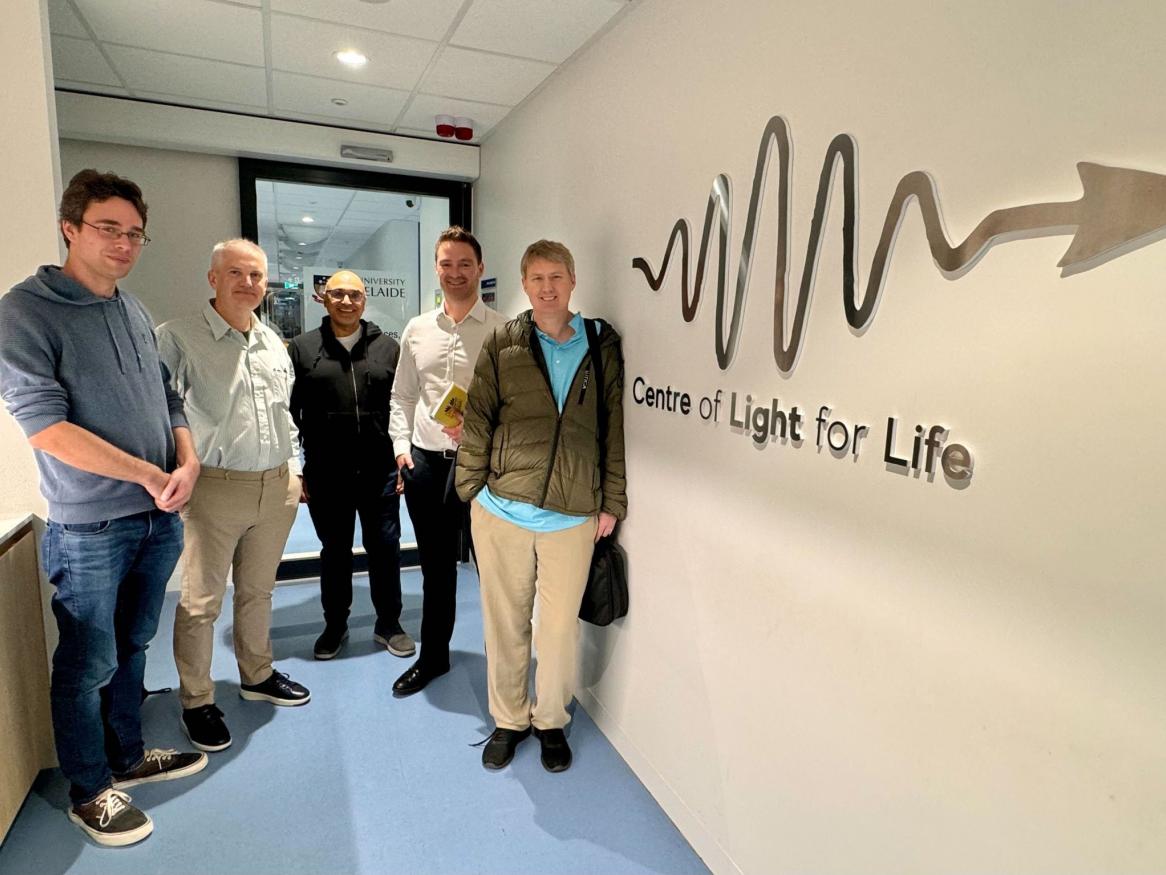
IPAS was honoured to host a group of distinguished American academics for a pivotal quantum educational visit. This visit marked a significant step in fortifying global partnerships between Australian and US academics working in emerging fields such as quantum technologies, advanced manufacturing, and nanotechnologies.
[Read more about Strengthening Global Collaboration: An American Quantum Educational Visit]
Finalists Recognised for 2024 SA Science Excellence Awards
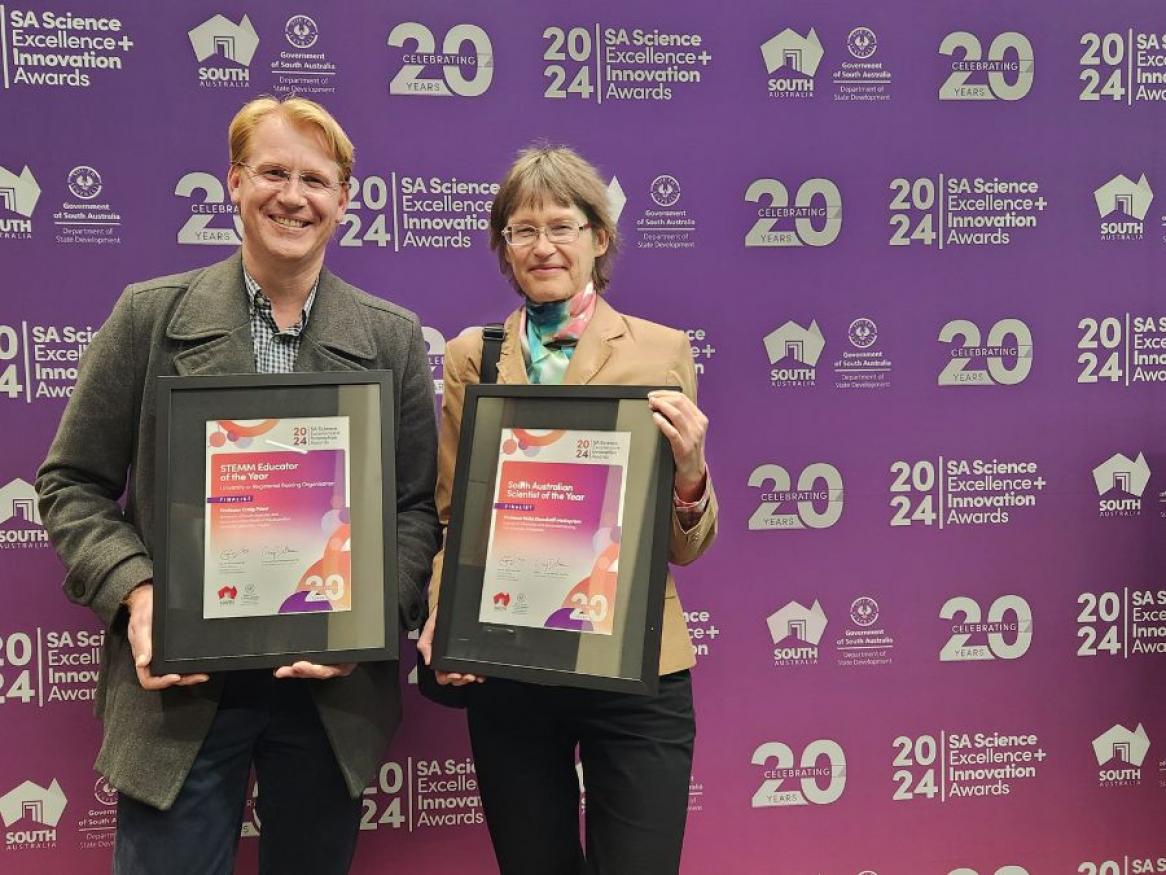
On August 12th, a prestigious ceremony was held to recognise the finalists for the 2024 SA Science Excellence Awards, during which Prof Heike Ebendorff-Heidepriem and Prof Craig Priest received their finalist certificates from the Chief Scientist for South Australia.
[Read more about Finalists Recognised for 2024 SA Science Excellence Awards]
IPAS members at Science Alive!
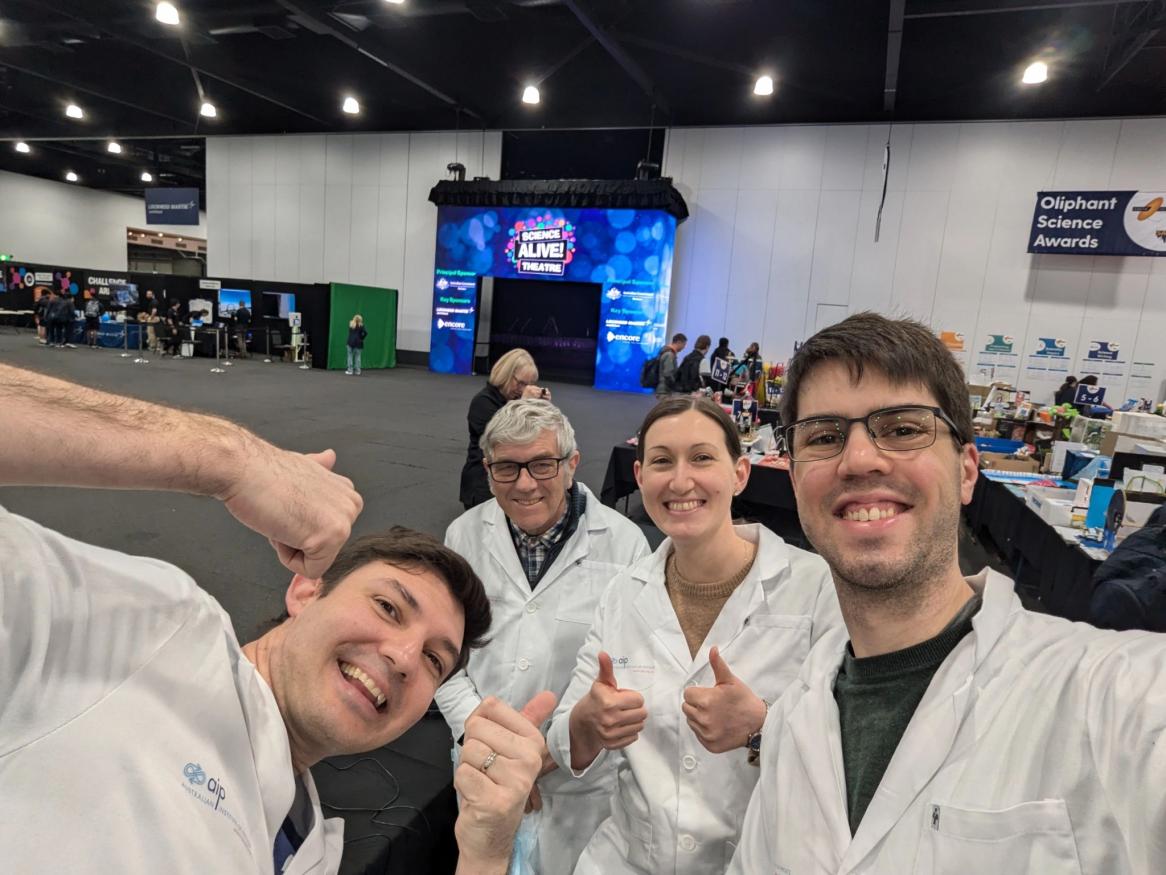
We are thrilled to extend our heartfelt congratulations to the members of the Australian Institute of Physics (AIP), Optofab Adelaide and the University of Adelaide Optica Student Chapter for their outstanding involvement in Science Alive! Invited for another year by the South Australian Science Teachers Association, your dedication and enthusiasm made a significant impact on the event’s success.
Dr Sarah Scholten Secures AEA Seed Grant for Next-Generation Optical Atomic Clocks in Space
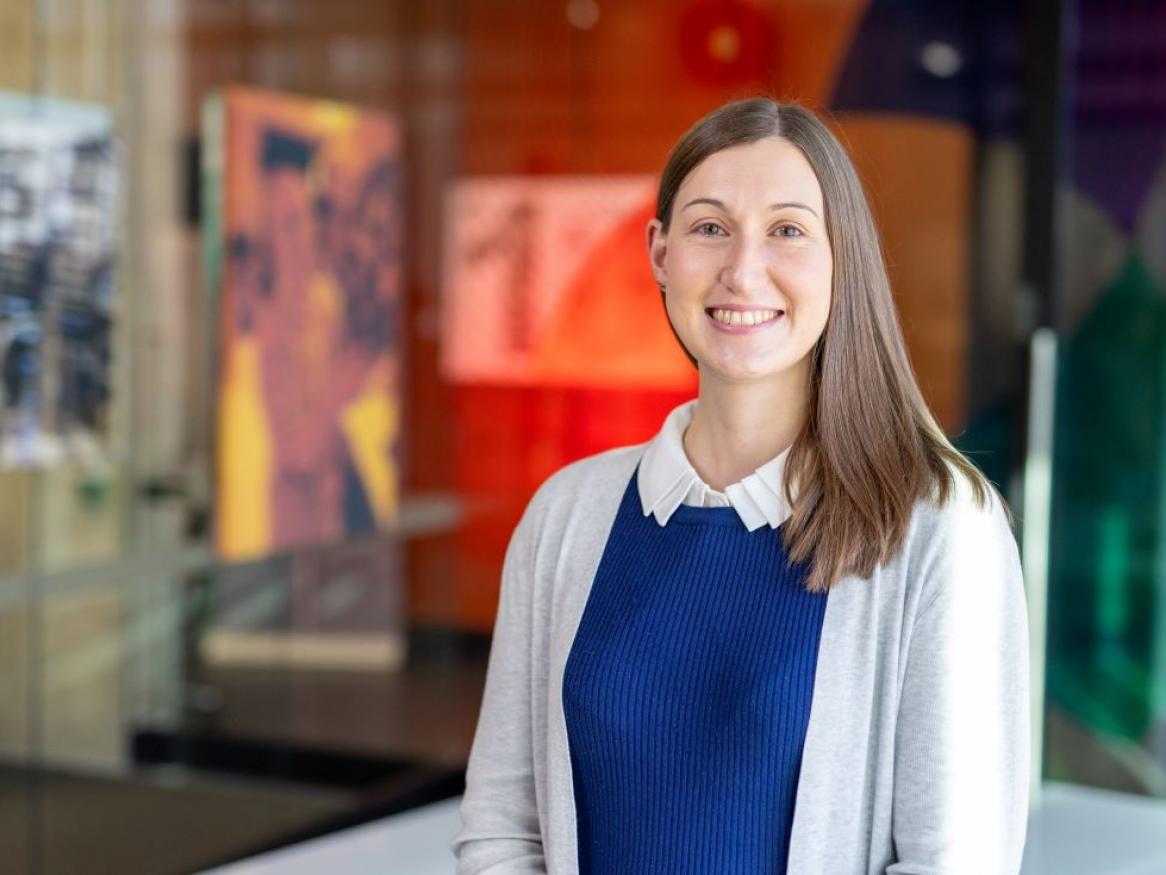
Dr Sarah Scholten, a rising star with IPAS, has succeeded in the final round of AEA Seed Grants with her innovative project, "Sovereign Portable Atomic Clock for a Global Positioning System 2.0," in collaboration with QuantX Labs. The project has been awarded $474,794 in funding.
Milestone Achieved: Richter Lab’s Create Plasma-Activated Water
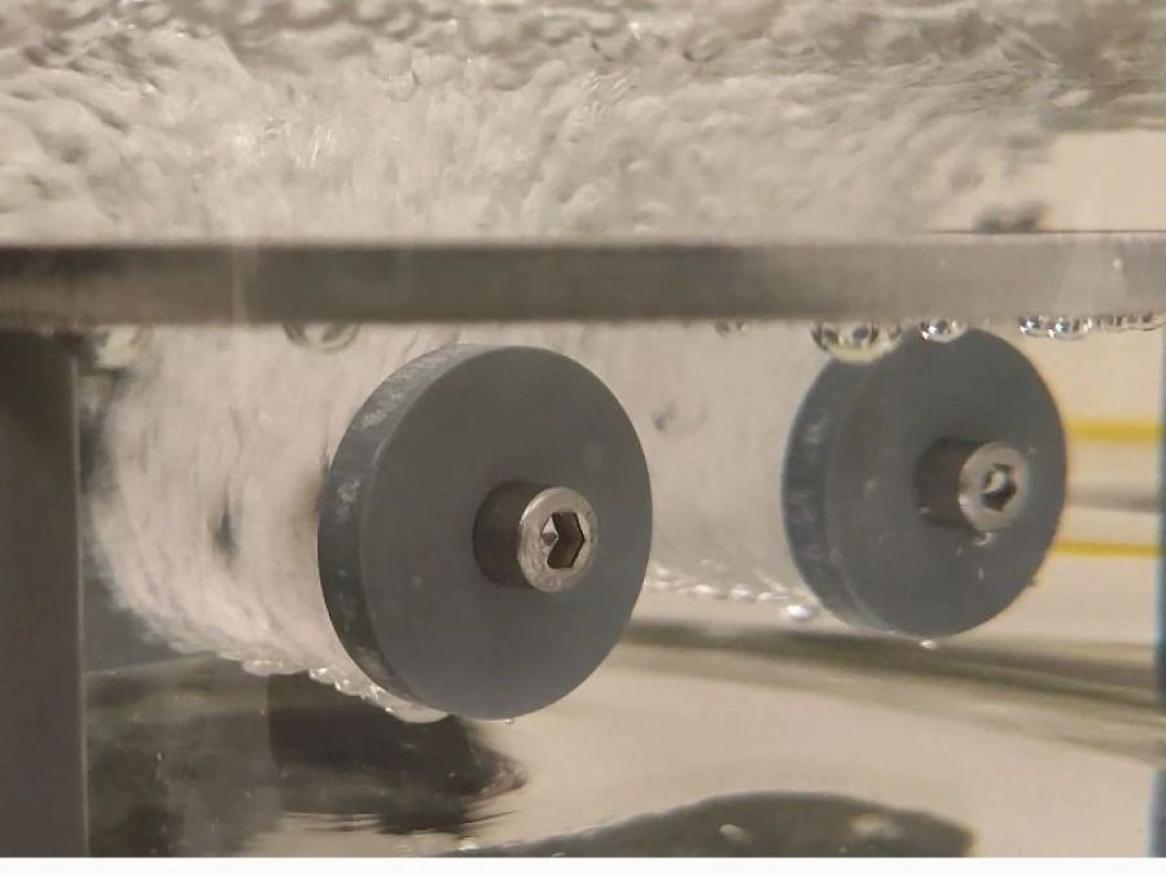
The Richter Lab team has achieved a major milestone by successfully creating plasma-activated water. The plasma-activated water effectively neutralises harmful microorganisms, leaving only water, offering a powerful and environmentally friendly disinfectant. This advancement promises to significantly reduce food contamination and enhance wound healing with minimal infection risk.
[Read more about Milestone Achieved: Richter Lab’s Create Plasma-Activated Water]
Dr Danny Wilson Awarded ARC Future Fellowship
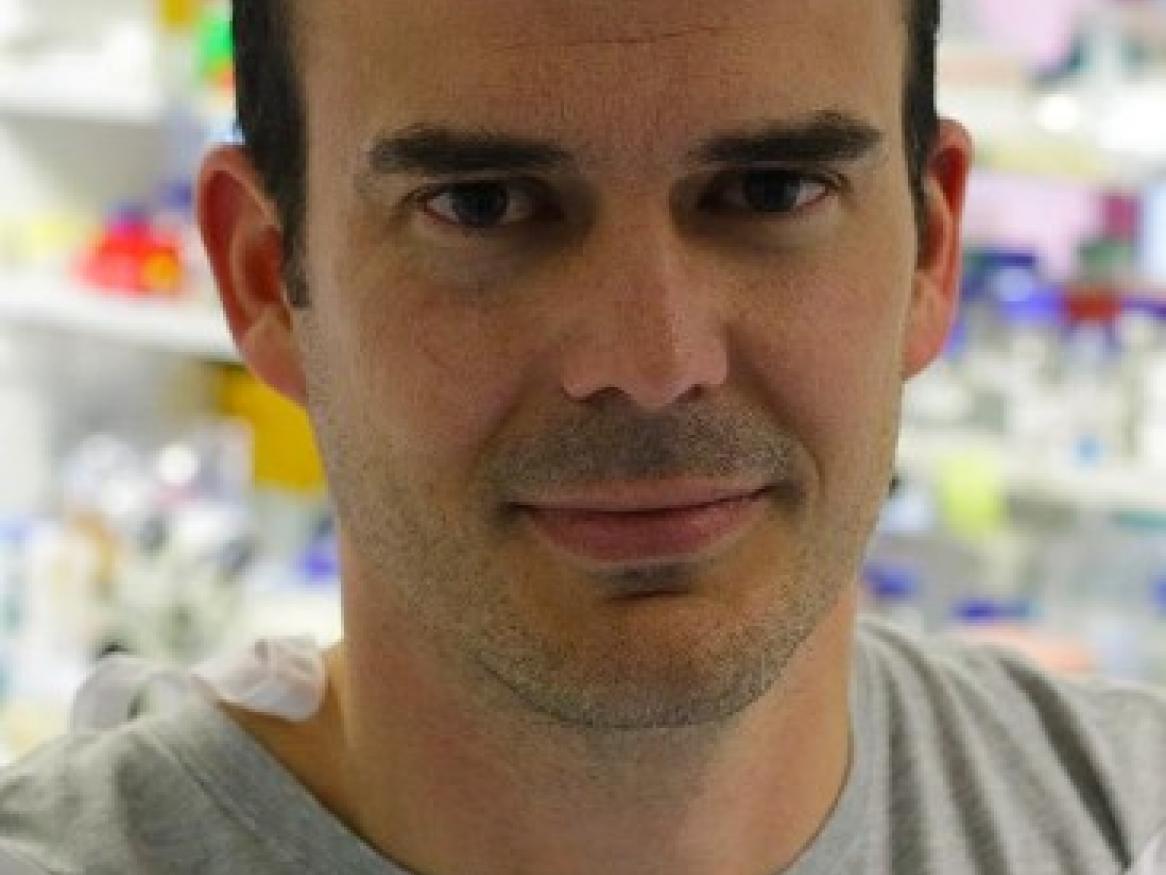
Dr Danny Wilson was awarded $1,061,015 to look into Apicomplexan parasites of humans and livestock – including malaria – which survive by infecting and reproducing in host cells.
[Read more about Dr Danny Wilson Awarded ARC Future Fellowship]
Kylie Dunning Awarded ARC Future Fellowship
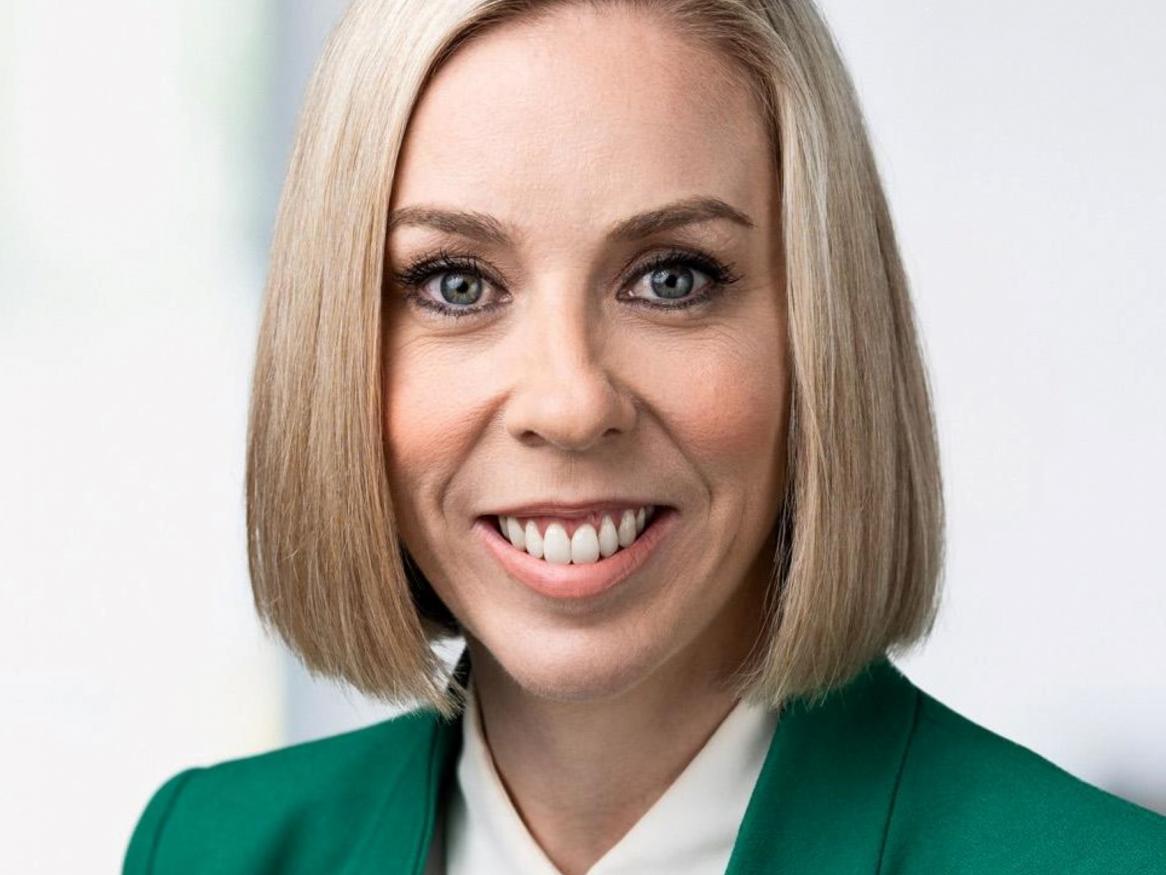
Dr Kylie Dunning has been awarded an ARC Future Fellowship, receiving $1,061,521 for her pioneering research into enhancing fertility through an innovative method of growing ovarian follicles in the laboratory using sound suspension technology.
[Read more about Kylie Dunning Awarded ARC Future Fellowship]
IPAS Interim Director Professor Mark Hutchinson – Finalist in the 2024 Australian Museum Eureka Prizes
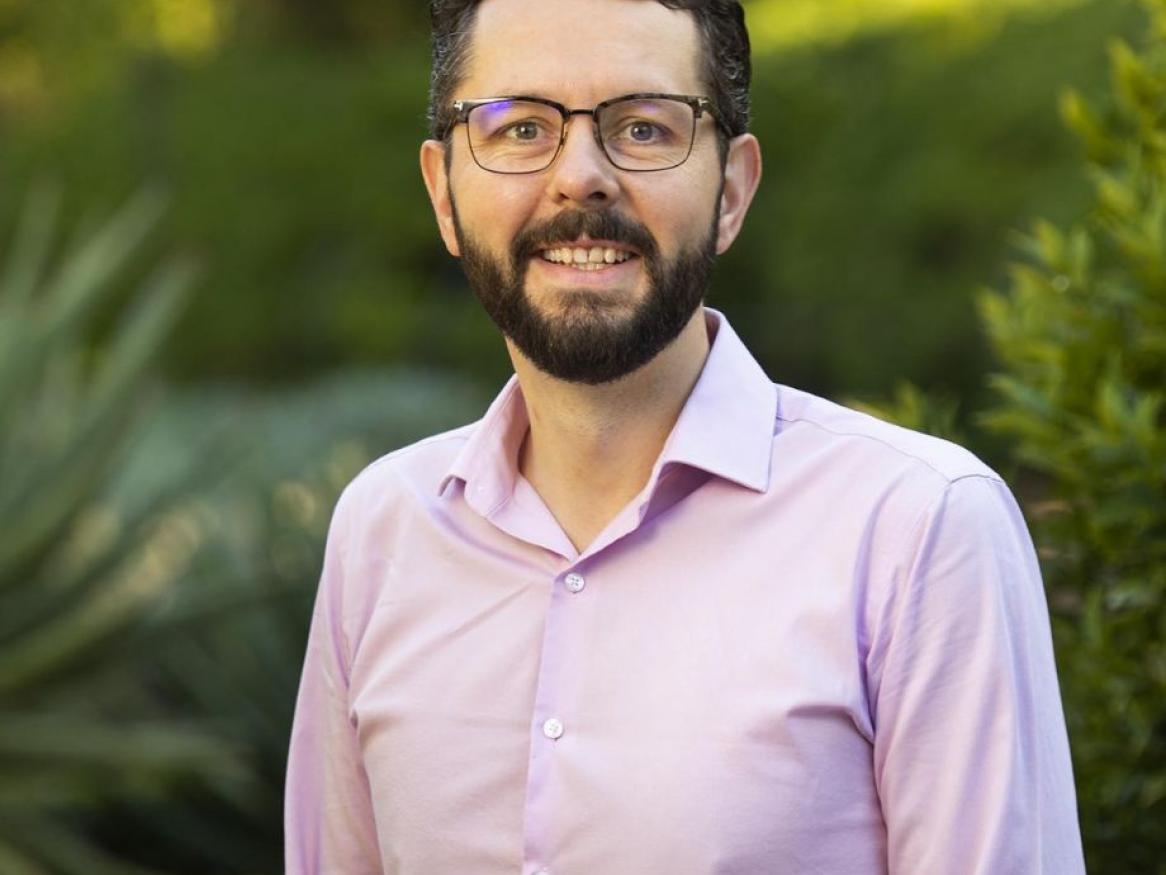
Congratulations to IPAS Interim Director, Professor Mark Hutchinson, Finalist in the 2024 Eureka Prize for Leadership in Science!
Professor Mark Hutchinson is an innovative science leader whose work in advancing entrepreneurship, creating startups, and influencing government policy has made a significant impact on Australia’s science and technology landscape.
Avinash Upadhya awarded one of the Robinson Research Institute Step Research Funding
Dr Avinash Upadhya has received a Robinson Research Institute Step Research Funding grant for his project on non-invasive optical imaging to assess oocyte and embryo quality related to advanced maternal age. His team includes Darren Chow and Tiffany Tan, and they aim to develop a multimodal label-free imaging approach.
COMBS Workshop Success
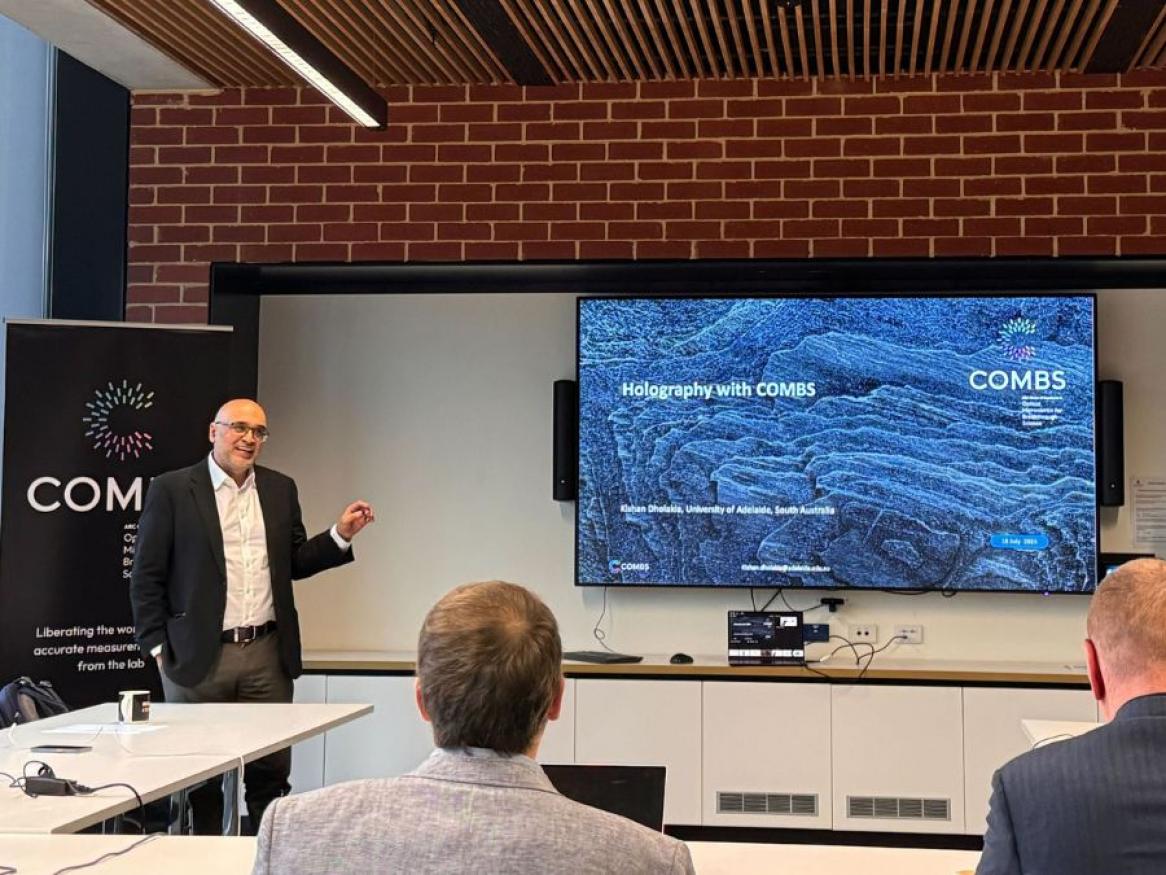
Last week, we were pleased to host the inaugural Microcomb-enabled Spectroscopy and Microscopy theme meeting for the ARC Centre of Excellence in Optical Microcombs for Breakthrough Science (COMBS). The common goal is to miniaturise the world’s most accurate measurement tool into a chip the size of a fingernail. To achieve this, the research teams are combining their expertise in hyperspectral imaging and structured light with Microcombs technology.
